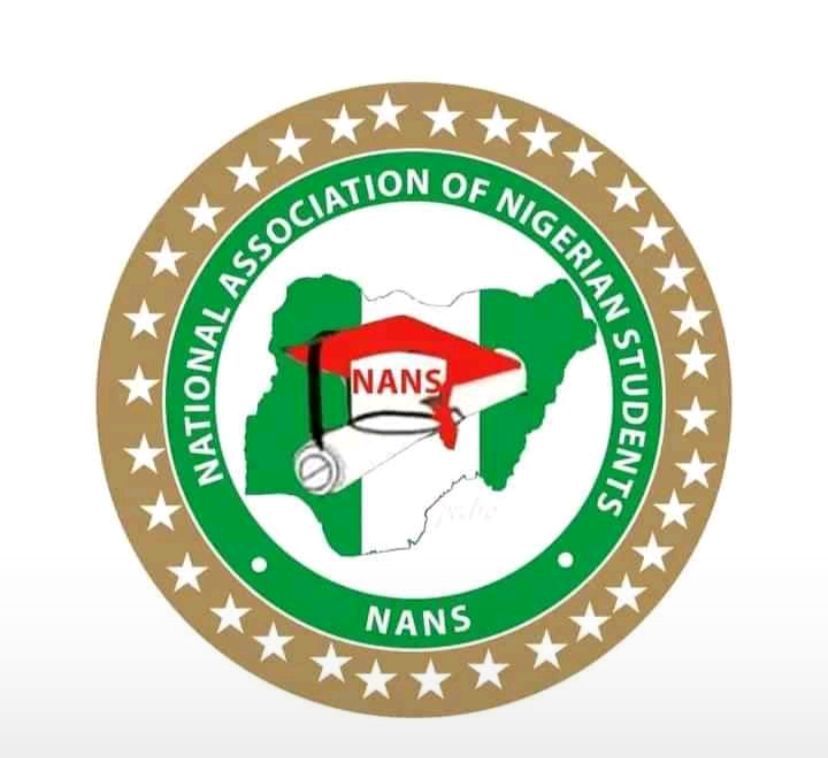The National Association of Nigerian Students (NANS) has called on the Ministry of Communications, Innovations, and Digital Economy to take immediate and decisive action on the implementation of its Digital Talent Development Initiative. The initiative, which aims to train 3 million technology professionals by 2030, has been met with growing concern over the lack of clear direction and tangible progress.
In a statement issued by its National Director of Research and Innovation, Comrade Sadiq SK Zango, NANS expressed disappointment at the Ministry’s delay in rolling out the program, emphasizing the need for a detailed implementation framework to address critical gaps in the initiative.
“The Digital Talent Development Initiative is a pivotal step toward equipping Nigerian students with essential digital skills in areas such as cybersecurity, artificial intelligence, data science, and software development. However, the absence of a clear roadmap undermines the program’s potential to empower the youth and drive Nigeria’s digital transformation,” NANS stated.
NANS’ Demands
To ensure the successful execution of the initiative, NANS outlined four key demands:
1. Publication of an Implementation Roadmap
The Ministry must release a comprehensive plan detailing the programs, timelines, funding, and partnerships necessary to achieve the initiative’s goals. This roadmap should prioritize inclusivity, ensuring equitable access for students in rural and underserved areas.
2. Prioritization of Nigerian Students
Nigerian students, particularly those in tertiary institutions, should be at the forefront of the initiative. NANS urged the Ministry to collaborate with educational institutions to integrate digital skills training into academic curricula, preparing students for the demands of a global digital economy.
3. Commitment to Transparency and Accountability
NANS called for regular progress updates and quarterly public reports to ensure transparency in the implementation process. These reports should highlight milestones achieved, resources utilized, and challenges encountered.
4. Involvement of NANS in Program Design and Monitoring
As representatives of Nigerian students, NANS demanded active involvement in designing, executing, and monitoring the initiative. This includes selecting beneficiaries, providing feedback on program content, and evaluating effectiveness to ensure alignment with student needs.
Consequences of Inaction
NANS warned of nationwide actions if the Ministry fails to address these demands within 14 days. Proposed measures include peaceful demonstrations across universities, mass mobilization campaigns, and petitions to national and international stakeholders.
“We will not hesitate to escalate this issue by engaging civil society organizations, hosting a world press conference, and initiating a public awareness campaign to highlight the Ministry’s lack of action,” NANS stated.
A Call to Protect Nigeria’s Future
NANS highlighted the risks of inaction, warning that delays in implementing the initiative could exacerbate unemployment and economic underdevelopment. “Empowering Nigerian students with digital skills is not just a policy goal; it is a national imperative,” NANS emphasized.
The association reiterated its willingness to work with the Ministry to ensure the program’s success but maintained its resolve to hold the government accountable.
“The future of Nigeria’s youth is at stake. The time for action is now, and NANS will not relent until the promises made to Nigerian students are fulfilled,” the statement concluded.

